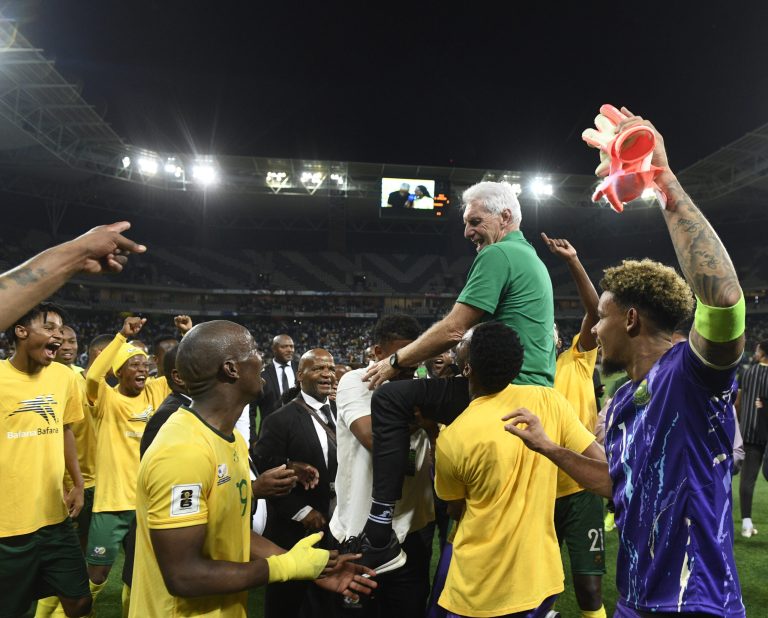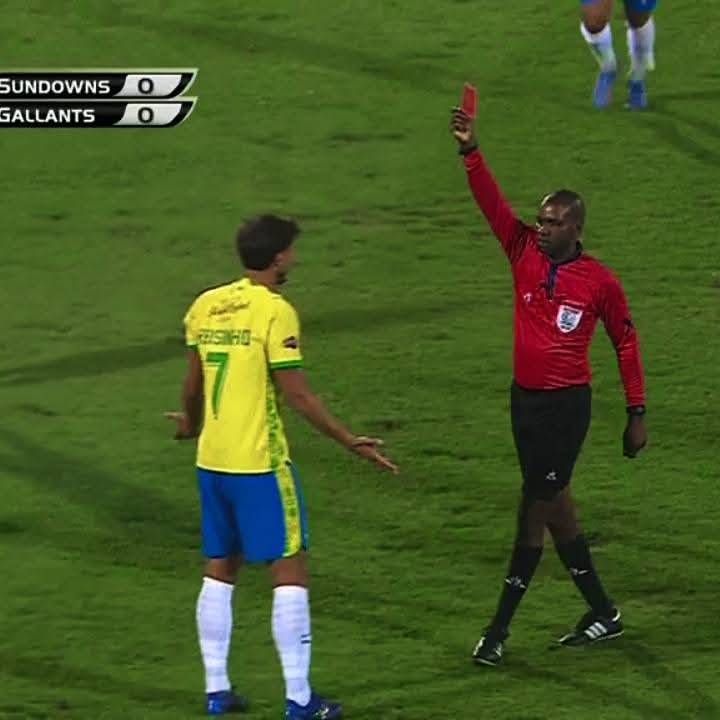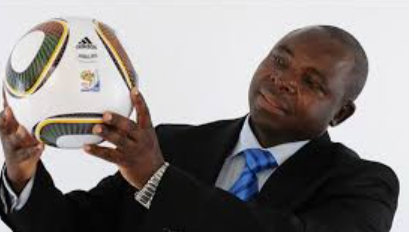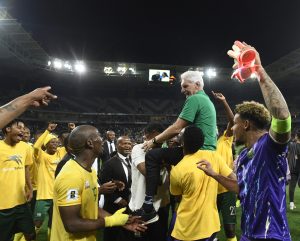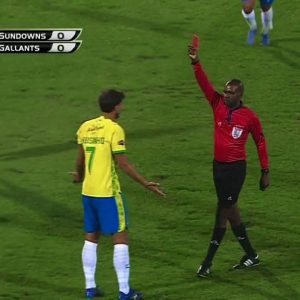- Full Name: Kirsten Nematandani
- Date of Birth: 15 December 1957
- Birthplace: Venda, Limpopo, South Africa
- Occupation: Football Administrator
- Known For: Former President of the South African Football Association (SAFA)
- Controversy: FIFA 5-year ban related to match-fixing scandal ahead of the 2010 FIFA World Cup
Who is Kirsten Nematandani?
Kirsten Nematandani is a South African football administrator who rose to national prominence as President of the South African Football Association (SAFA) between 2009 and 2013. He played a leadership role during South Africa’s hosting of the historic 2010 FIFA World Cup. However, his career was later marred by controversy, culminating in a five-year ban from football activities by FIFA for violations linked to match-fixing involving pre-World Cup friendly matches.
Early Life and Career
- Born on 15 December 1957 in Venda, Limpopo province.
- Started his career as a schoolteacher and sports enthusiast, deeply involved in grassroots football development.
- Rose through football structures, serving for many years as Chairperson of the SAFA Referees Committee.
- Known for advocating referees’ professionalism and supporting development programs across rural regions.

Rise to SAFA Presidency
- Elected President of SAFA in September 2009, succeeding Molefi Oliphant.
- Became the face of South African football administration leading into the 2010 FIFA World Cup — the first World Cup held on African soil.
- Oversaw SAFA operations during the final stages of World Cup preparations, a high-pressure period requiring intense coordination with FIFA and government bodies.

2010 World Cup and Match-Fixing Allegations
- In 2010, South Africa played four friendly matches against Thailand, Bulgaria, Colombia, and Guatemala as warm-up games.
- Singaporean match-fixer Wilson Perumal’s company was allowed to provide referees for these matches.
- Matches included controversial incidents:
- Multiple disputed penalties awarded to South Africa.
- Penalty kicks retaken under suspicious circumstances.
- Heavy wins with questionable officiating.
- FIFA began investigating the circumstances around the match officiating appointments.

Suspension and FIFA Investigation
- In December 2012, Nematandani was suspended from his SAFA role after FIFA stated it found “compelling evidence” linking him to irregularities in organizing the matches.
- Maintained his innocence, insisting he was never properly consulted during the investigation and denying any wrongdoing.
- Publicly defended himself, saying:
- “I have built my reputation through hard work over many years.”
- Questioned why he would jeopardize his career by fixing friendly matches after years as referees committee chair.

FIFA Sanction and Ban
- In December 2016, FIFA’s Ethics Committee completed its investigation.
- Kirsten Nematandani was found guilty of violating:
- Article 13: General Rules of Conduct
- Article 15: Loyalty
- Article 18: Duty of Disclosure, Cooperation, and Reporting
- Sanctioned with a five-year ban from all football-related activities worldwide, effective from 8 December 2016.
- Banned alongside two other officials involved in broader match-fixing networks (both receiving lifetime bans).
- The adjudication was publicly posted on FIFA’s website for transparency.
Source: Pressreader

Summary
- Kirsten Nematandani rose from grassroots football to leading SAFA during one of South Africa’s proudest sporting moments, the 2010 FIFA World Cup.
- His career was severely tarnished by match-fixing allegations related to warm-up matches before the tournament.
- Despite denying involvement, FIFA investigations led to a formal five-year ban that overshadowed his prior contributions to South African football.
Final Thoughts
Kirsten Nematandani’s story is a reminder of both the opportunities and pitfalls in sports leadership.
His role in helping South Africa showcase the 2010 FIFA World Cup remains a part of his legacy, but the later scandal and subsequent FIFA ban paint a complex picture of a leader whose achievements were ultimately undermined by controversy. His case continues to serve as a lesson in ethics, governance, and accountability within the world of football.



